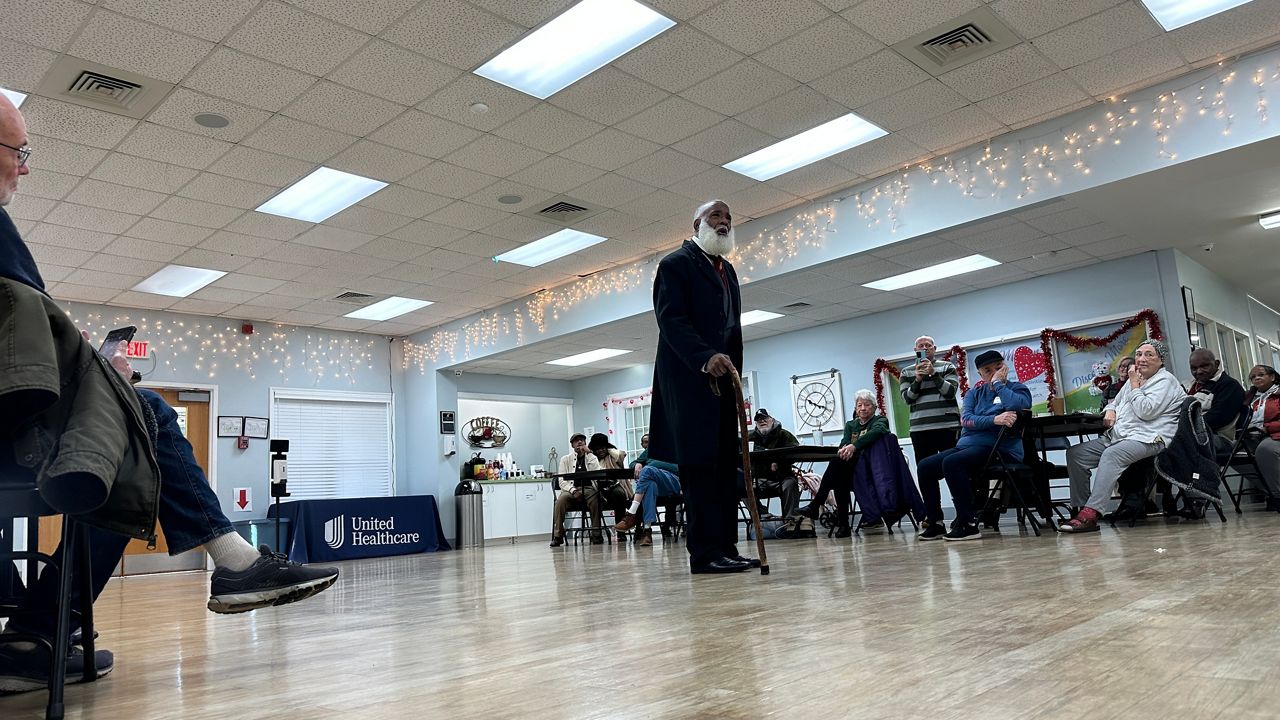LEXINGTON, Ky. — Life in the 19th century is being brought to life through one man’s powerful storytelling performance.
Virgil Covington Jr. is helping bring a special history lesson to people in the community as he’s asked another year to suit up and perform, “How I got my name.”
It’s a solo performance with the Kentucky Humanities Council’s Chautauqua program in which Covington and others travel around the state for their showcases.
“You know, you audition, and they say yes or no to your presentation, and they said yes. And I chose William Wells Brown.” He said.
Performers like Covington share prolific stories of figures like Brown, from his childhood as a slave to his adulthood as an abolitionist.
During Brown’s lifetime, he experienced and openly refuted the conditions and harshness of chattel slavery.

“‘Chattel’ just meant that we were treated as property. We were not treated as humans; we were treated as property. And a person who is not human, which all slaves were not human. They were three-fifths of the citizens," Covington explained.
It’s why Covington gets into full-character mode and, standing in front of a crowd, he explains how Brown received his name as a slave.
Covington walks the audience through Brown’s challenges of not being considered a person and often being treated like livestock.
Covington, who was a teacher and principal, says he recognizes how important it is to engage with the history of Black Kentuckians like Brown’s in thought-provoking ways.
“I think it’s important that we do not put it on the back shelf. So many people are trying to change what the narrative was that happened during slavery,” he said. “And so I feel like I have an obligation to make sure that I present it correctly.”
Aside from his famous lectures and acts to help free slaves, William Wells Brown became one of the first published African American playwrights and novelists.

